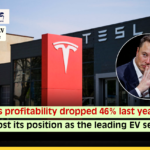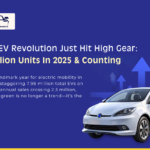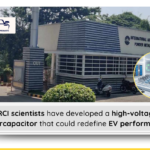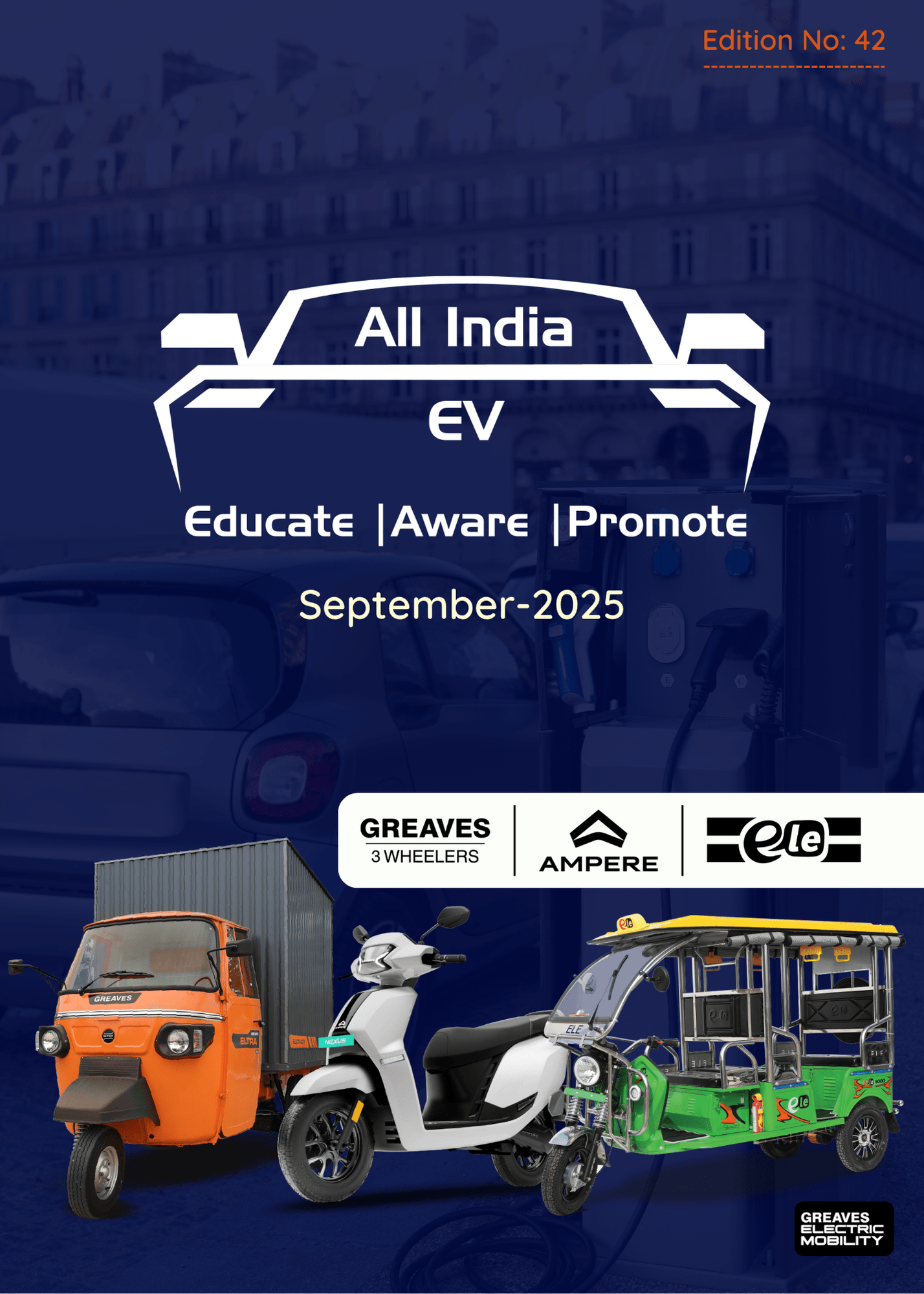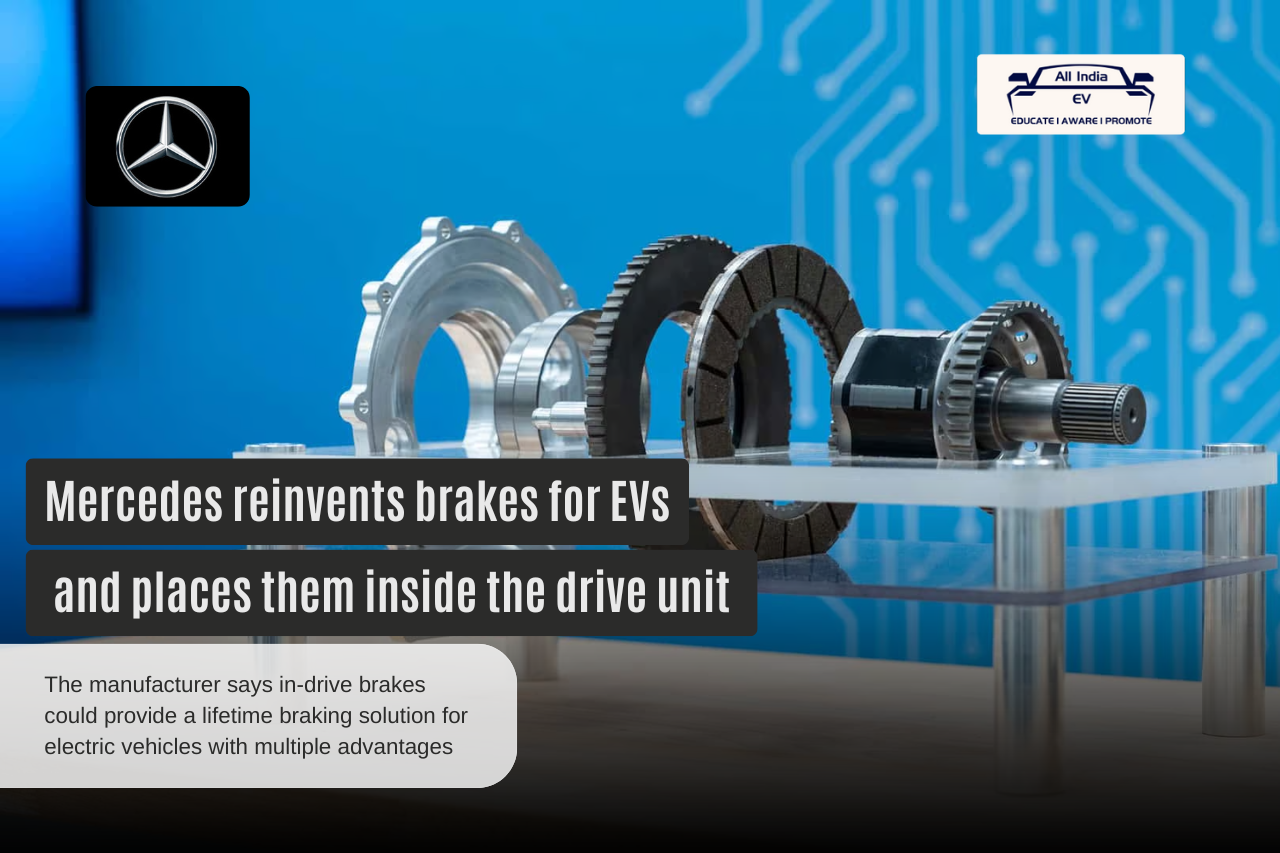
Mercedes Revolutionizes EV Braking with In-Drive System
Mercedes-Benz has unveiled a groundbreaking innovation in electric vehicle (EV) technology with the introduction of its in-drive braking system. This new system promises to redefine the braking experience for EVs by integrating the brakes directly into the drive unit.
The Evolution of Braking Systems
Braking systems have undergone significant transformations over the years, evolving from simple mechanical setups to sophisticated electronic systems.
Traditional outboard brakes, which are connected to the wheel hubs, have been the standard for most vehicles. However, the advent of electric vehicles has prompted manufacturers to explore new braking technologies that can complement the unique characteristics of EVs.
Mercedes-Benz’s in-drive braking system represents the latest advancement in this ongoing evolution, offering a glimpse into the future of automotive braking technology.
Advantages of In-Drive Braking
- Maintenance-Free: The system is designed to be virtually maintenance-free, reducing the need for regular brake servicing.
- Environmental Benefits: By trapping brake dust, the system helps to minimize environmental pollution.
- Enhanced Performance: The in-drive brakes eliminate brake fade, ensuring consistent braking performance even under demanding conditions.
- Longevity: The integration of the brakes into the drive unit is expected to extend the lifespan of the braking system.
Technical Innovations and Testing
The in-drive braking system developed by Mercedes-Benz is a result of extensive research and development.
Unlike traditional braking systems, this innovative solution places the brakes inside the housing of the EV’s drive unit. The system features a water-cooled disk that remains stationary, while a circular brake pad spins with the motor.
This unique design not only enhances braking efficiency but also contributes to the overall performance and reliability of the vehicle.
Future Implications and Industry Impact
The introduction of Mercedes-Benz’s in-drive braking system has the potential to set a new standard in the automotive industry.
As electric vehicles continue to gain popularity, innovations like this will play a crucial role in shaping the future of transportation. The in-drive braking system could inspire other manufacturers to develop similar technologies, leading to widespread adoption and further advancements in EV technology.
Additionally, the environmental benefits and reduced maintenance requirements of this system align with the growing emphasis on sustainability and efficiency in the automotive sector.
As Mercedes-Benz continues to refine and test this groundbreaking technology, the future of EV braking looks promising and exciting.
The potential impact of this innovation extends beyond just the automotive industry, as it could also influence the development of other types of vehicles, such as electric buses and trucks.




